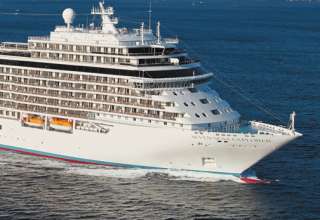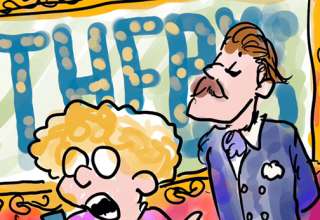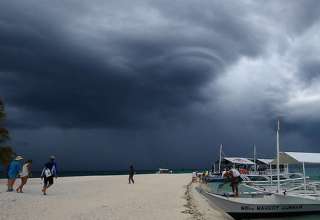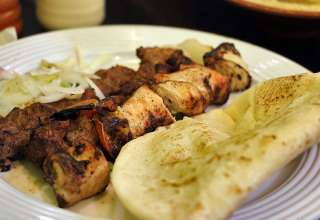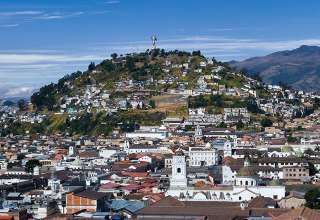
Question 1: What’s one thing the public probably does NOT know about the Filipinos?
Almost everyone speaks English. Filipinos (yes that’s Filipinos with an “F” and not “Philippinos”) may have different accents but it is still English. Even the poorest of the poor speak English. The major news media are in English. Street signs are in English. The reason for the predominance of English is due to the American occupation from 1898 – 1946. The best schools were established by the Catholic church. The Philippines was a Spanish colony for about 300 years (1565 – 1898) — practically since the time Magellan landed in 1521 and had his head cut off. This is why Filipinos have Spanish names.
In order to hold on to their superiority, the Spaniards wanted to keep the native FIlipinos ignorant and did not encourage education. Only the “ilustrados” (rich upper class Filipinos) had higher education. America was the opposite. They introduced free public schools. At one point, the Philippines boasted of having the highest literacy in the world.
Question 2: What are some of the “things” or activities that the people of Manila do for fun?
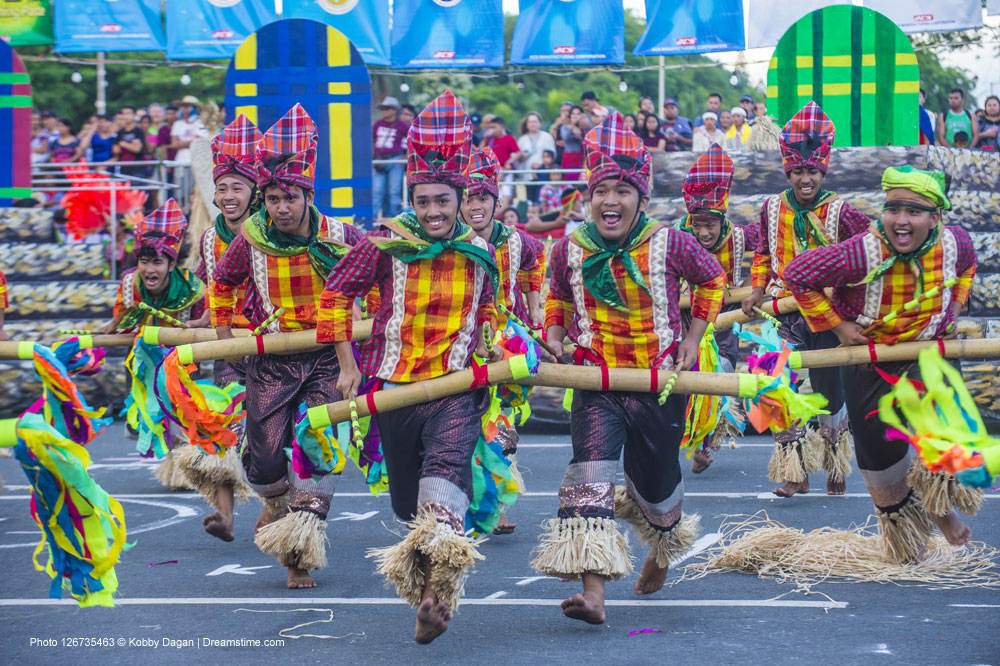
Filipinos love to party — as in big festival parties (aka fiestas). Long weekends herald the great escape from the congested city to nature. During whole of Holy week, Manila is practically empty and businesses almost come to a grinding halt. There are several tourist spots either near the beach (and there are lots of beaches because the Philippines is an archipelago and boasts of 7,641 islands) or near the cool mountains.
Question 3: What has Manila contributed to the world?

OFWs — Overseas Filipino Workers. There are reasons why there are so many Filipinos serving in different highly-skilled professions all over the world. Filipinos are naturally accommodating, hard working and inventive. They are highly educated. Many Filipino nurses are actually doctors back home. Many construction workers are actually engineers back home. If you’re isolated in an island, you will want to have a Filipino with you. They are survivors. The Philippines sends out their loved ones to work in far flung places for months (sometimes years) in order to earn dollars for the family. Without the contribution of the OFWs, the Philippine economy would collapse.
